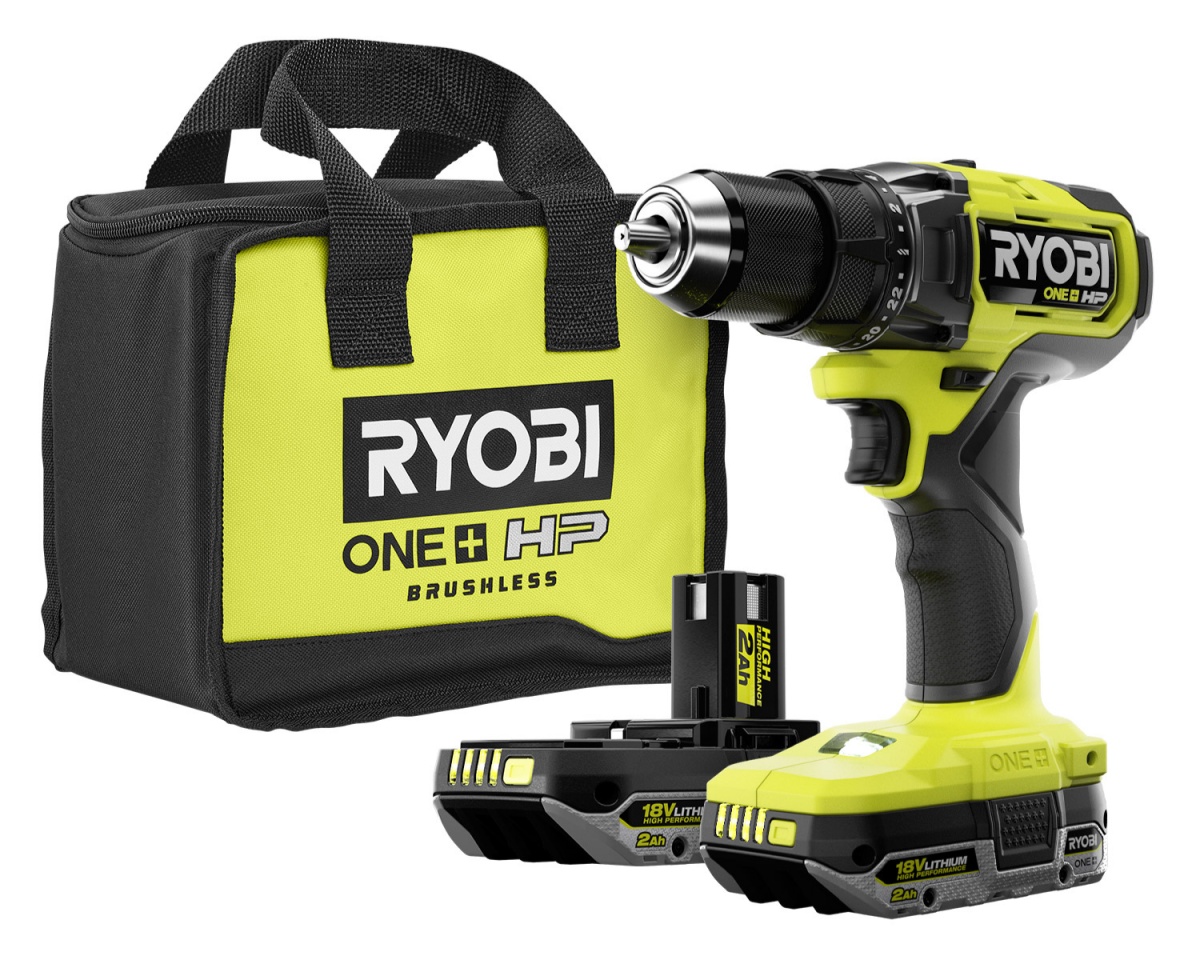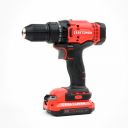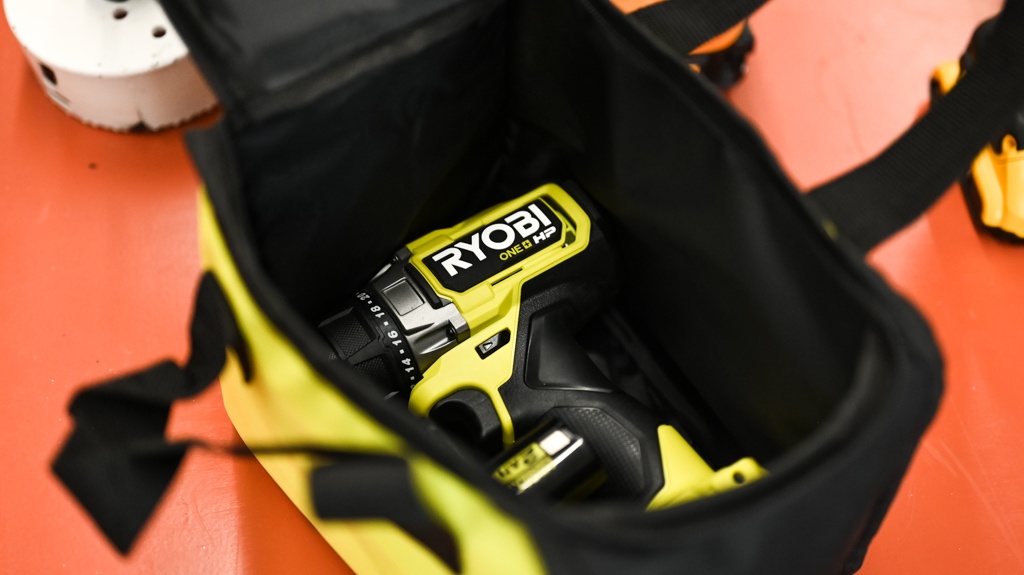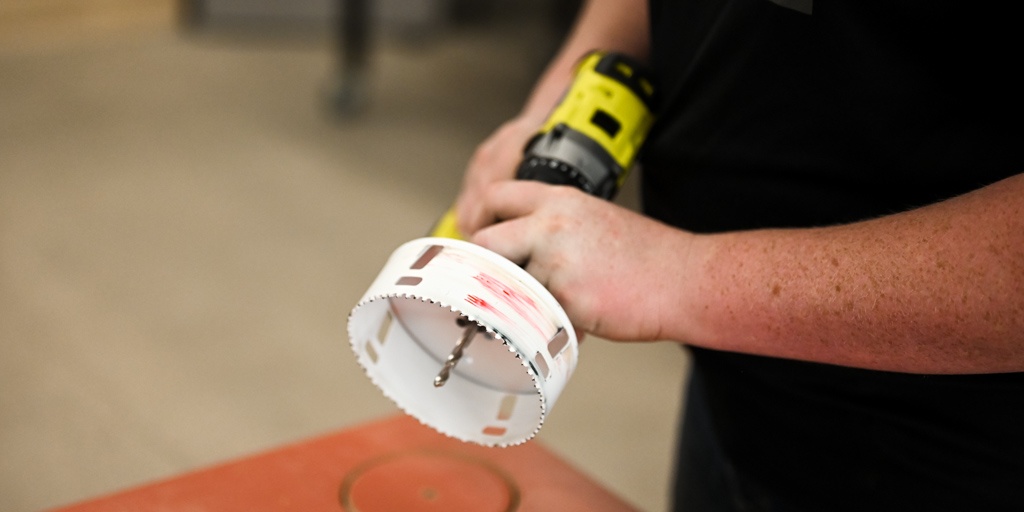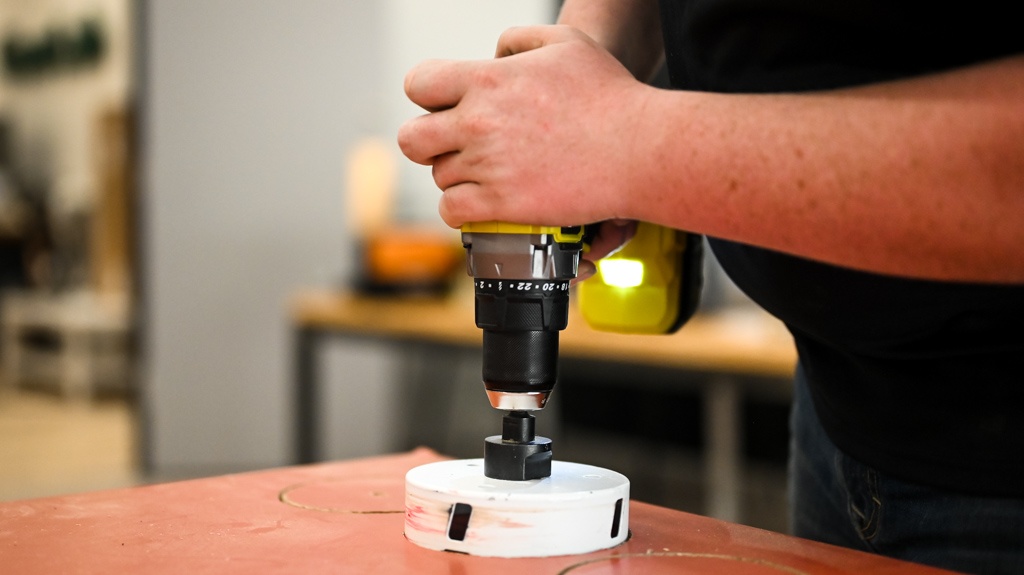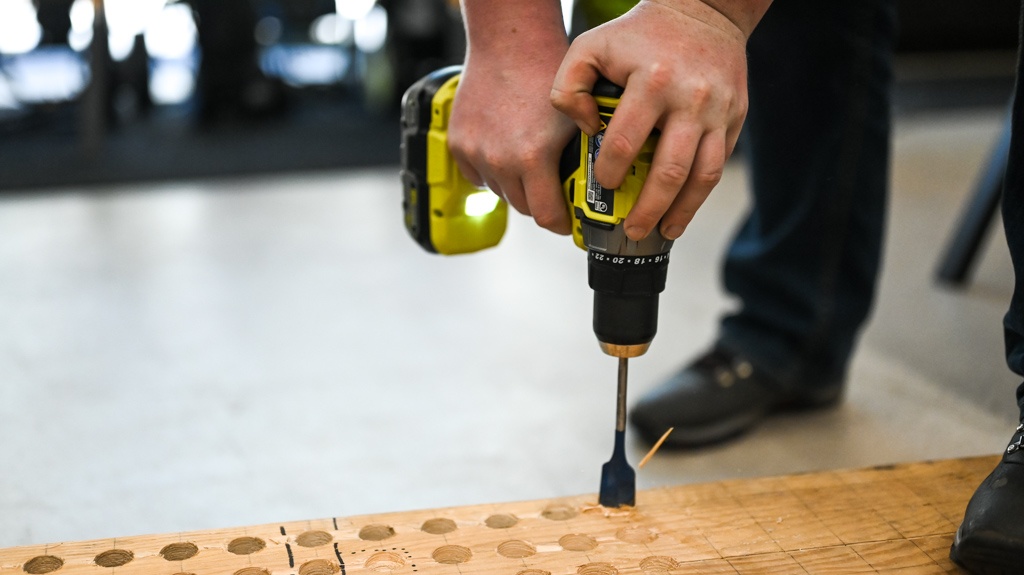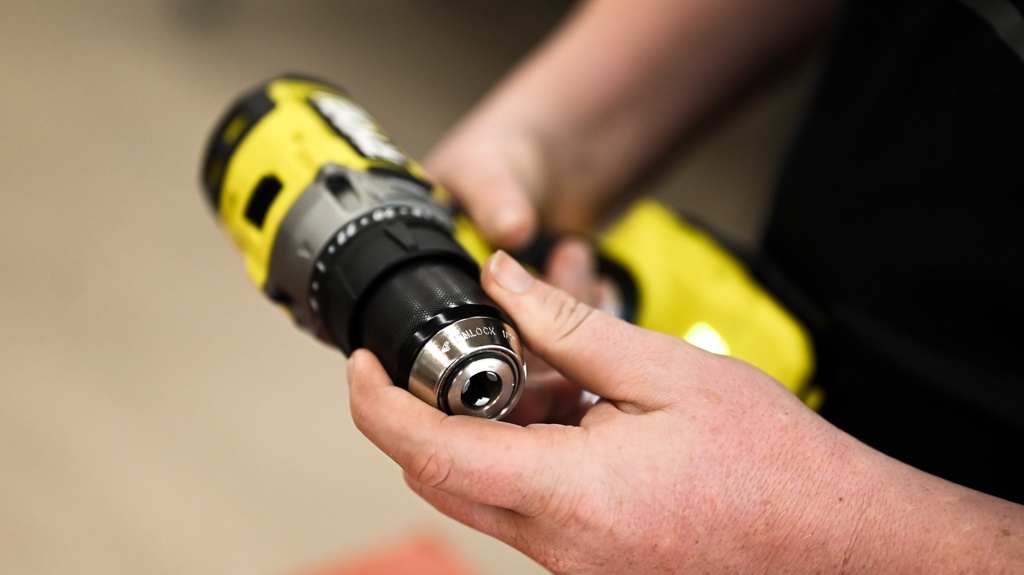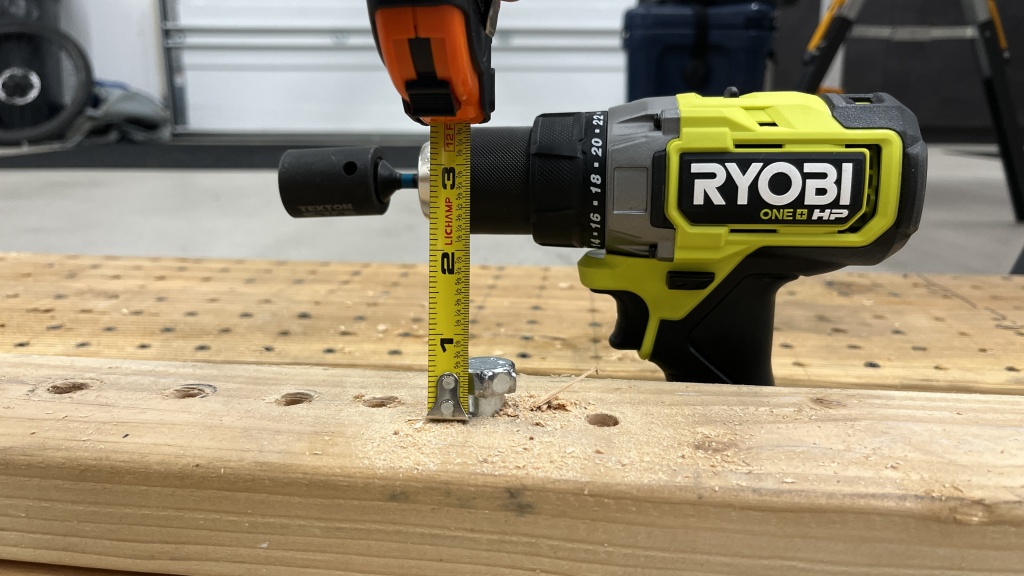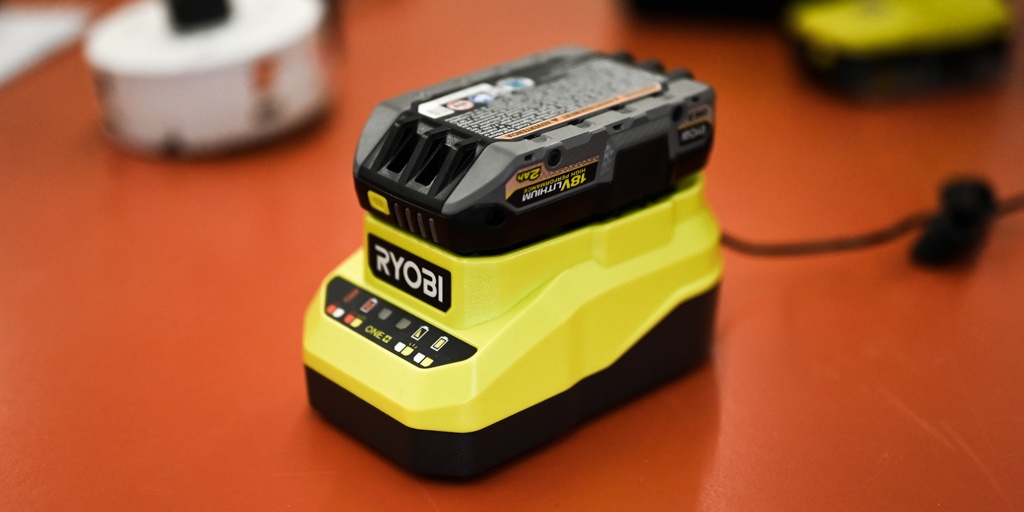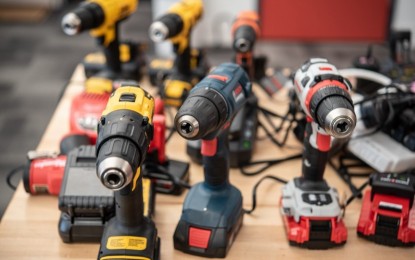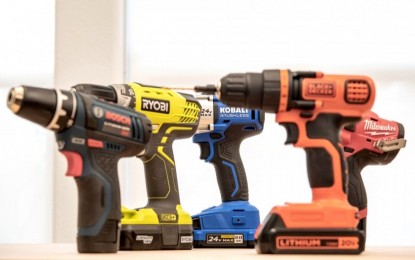Ryobi ONE+ HP 18V Brushless Cordless Kit Review
Our Verdict
Compare to Similar Products
 This Product Ryobi ONE+ HP 18V Brushless Cordless Kit | |||||
|---|---|---|---|---|---|
| Awards | Best Bang for Your Buck | Best 12 Volt Option a Budget | A Great Drill for Tight Budgets | ||
| Price | $99 List $62.00 at Amazon | $100 List $65.00 at Amazon | $79 List $59.00 at Amazon | $139 List $98.13 at Amazon | $87 List $59.90 at Amazon |
Overall Score  |
|||||
| Star Rating | |||||
| Bottom Line | This model performs well across the board, and is especially worth the purchase if you already own the battery and charger | Limited driving performance kept this model from doing better overall | A great budget drill for a homeowners or DIYer and has more than enough power for moderate to light-duty tasks | Our favorite compact 12-volt drill when considering overall performance and price | This drill isn't great, but can speed up driving screws through prefabricated furniture at a low price |
| Rating Categories | Ryobi ONE+ HP 18V B... | Ridgid 18V Brushles... | Craftsman V20 1/2-I... | Bosch 12V Max Drill... | Black+Decker 20V Ma... |
| Drilling (35%) | |||||
| Driving (35%) | |||||
| Battery Life (20%) | |||||
| Convenience (10%) | |||||
| Specs | Ryobi ONE+ HP 18V B... | Ridgid 18V Brushles... | Craftsman V20 1/2-I... | Bosch 12V Max Drill... | Black+Decker 20V Ma... |
| Five Inch Hole Saw Test | 20 seconds | 22 seconds | 55 seconds | 70 seconds | 90 seconds |
| Lag Screw Test | 4.75 in | 4.25 in | 4.37 in | 3.87 in | 3.19 in |
| Manufacturer Peak Torque | 750 in-lbs | 400 in-lbs | 280 in-lbs | 256 in-lbs | Not Listed |
| Measured Charge Time | 63 min | 59 min | 58 min | 85 min | 210 min |
| Measured Weight | 3.77 lbs | 2.97 lbs | 3.44 lbs | 2.17 lbs | 2.68 lbs |
| Measured Length | 7.1875 in | 6.25 in | 8.25 in | 6.625 in | 7 in |
| Measured Number of Settings | 24 | 23 | 23 | 20 | 10 |
| Manufacturer Stated RPM | Low: 0 - 500 High: 0 - 2100 |
Low: 0 - 400 High: 0 - 1750 |
Low: 0 - 450 High: 0 - 1500 |
Low: 0 - 350 High: 0 -1300 |
0 - 650 |
| Included Battery Pack(s) | 2.0 Ah | Tested with 2.0 Ah | 1.3 Ah | 2.0 Ah | 1.5 Ah |
| Max Chuck | 1/2 in | 1/2 in | 1/2 in | 3/8 in | 3/8 in |
| Battery Voltage | 18V | 18V | 20V | 12V | 20V |
| Drill Model Tested | PBLDD01 | R8701 | CMCD700 | PS31 | LDX120C |
| Box Model (Kit) Tested | PBLDD01K | Tested tool-only, no kit | CMCD700C1 | PS31-2A | LDX120C |
| Battery Indicator Location | Battery | Battery | Battery | Drill | N/A |
| LED Location | Above the battery | Above the battery | Above the trigger | Above the trigger | Above the trigger |
| Included Belt Clip | No | Yes | No | No | No |
Our Analysis and Test Results
Performance Comparison
Drilling
To begin our review, we performed several evaluations to measure the primary purpose of these tools, which is to bore holes of various sizes into different materials. First, we used a 5" hole saw bit to see how long each model took to cut a hole through a 1 ¾" wooden door. Next, we timed how long it took the tools to drill through a 16-gauge thick piece of sheet metal using both a ¼" and ½" bit. Finally, we drilled several holes in a 2" x 12" board with a 1" paddle bit. The Ryobi ONE+ HP 18V showed some of the strongest results that we've seen to date.
When it came to cutting a hole in the door, the Ryobi ONE+ HP 18V got it done in 20 seconds. Considering that the average time for this test was more than a minute, this is fantastic timing. Using a ¼" bit, it punched through the sheet metal in about a second. When we bumped the bit size up to ½", it took between 4 and 5 seconds to drill a hole which is phenomenal.
When we used a paddle bit with the Ryobi ONE+ HP 18V, it started strong but slowed about halfway through the board. However, when we turned the drill down to a lower gear, it had no problem with this style of bit.
Driving
Many people also use drills for driving screws and sinking fasteners. For the next portion of the total score, we began by driving a ½" x 5" lag screw into a stack of boards after drilling the appropriately sized pilot hole. If the tool could not completely tighten the screw until the screw head was touching the wood, we measured how much space was left to go. Next, we sunk tons and tons of 3" deck screws to objectively assess how each model felt and performed while completing this task. Once again, the HP 18V finished this contest near the front of the pack.
Our team all agreed that the HP 18V was great for driving deck screws. We found that this tool makes it easy to quickly and easily sink screws, the fasteners are easy to get to the perfect flush, and the trigger has great speed control. When we used this model for driving a lag screw, it was able the hex cap most of the way to the wood on the first try, leaving about ¼" of a gap. After a few more trigger pulls, the Ryobi completed the task.
Battery Life
Having a battery die halfway through a project can be irksome, especially when you know your battery will take an hour to charge. For this reason, we dedicated a good chunk of our total score to battery life. To completely drain the batteries, we completed several sets of the same test until the tools were completely dead. We began by sinking 14 3" deck screws into a stack of 2" x 12" boards, drilled three holes with a 1" paddle bit, then let the device rest for a few minutes to avoid any problems with overheating. The Ryobi was one of the top-performing models in this portion of our drill-testing marathon. It was able to get through seven total sets of our experiment before dying on the 14th deck screw of the 8th set. This model lost a few charge time points; it took the battery 63 minutes to get back up to 100% on the charger.
Convenience
For the remaining portion of our total score, we looked at the subtle differences in design that set each device apart from the others. This model's convenience features include an LED light just above the battery that illuminates your work area, a 24-position clutch, and a belt clip that can be attached on either side of the device to make it easily accessible from the storage location of your choice.
Should You Buy the Ryobi ONE+ HP 18V?
The HP 18V would make a great addition to your cordless power tool collection. It checks off all the boxes on the list of things that most people would want out of a drill. If you already own Ryobi tools and are in the market for a drill, this model is the only way to go. By buying the “tool-only” option, you are significantly reducing the overall cost of buying this drill.
What Other Drill Should You Consider?
Although we love the Ryobi ONE+ HP 18V, there are a few drills that may be better suited for your needs. If you require the absolute best of the best, the Milwaukee M18 Fuel 1/2" Drill Driver outperformed this model in every metric and has a similar cost, especially if you can find it on sale or already own Milwaukee Fuel batteries. For those looking for a light & compact 12-volt model, the Bosch 12V Max Drill/Driver showed some commendable results but hardly takes up any storage room. If you want an affordable model with a solid performance from a brand you can trust, check out the Craftsman V20 CMCD700C1.


